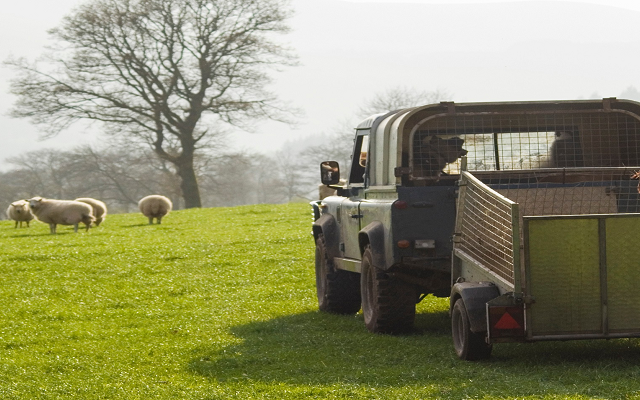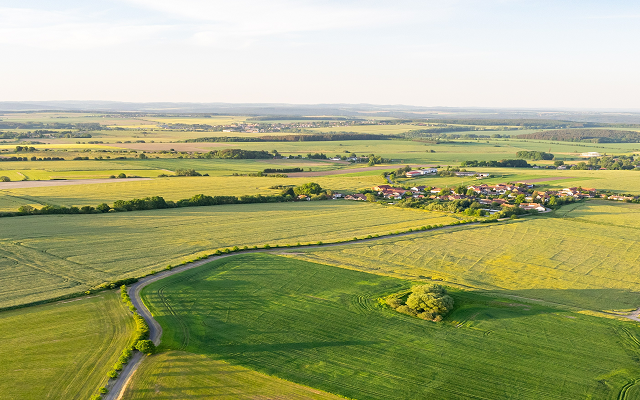Proposed planning reforms would boost the rural sector
There has long been a feeling that the planning regime has stifled economic growth in the countryside. So, it is encouraging that the Government is now recognising the importance of planning reforms which will support and boost the rural economy.
Since the introduction of national Permitted Development (PD) rights, farmers and landowners have had greater opportunities to convert, expand and build on their land. We have many clients who have used these rights to diversify and generate alternative income without the requirement for a full planning application. However, there have been frustrations about some of the limitations.
A consultation launched in July 2023 by the Department of Levelling Up, Housing and Communities proposes beneficial changes to PD rights for farms and rural businesses, including increasing the limits on conversions to housing and allowing greater flexibility to encourage farm efficiency and diversification.
An existing PD right, Class Q, allows agricultural buildings to change to residential use within limitations for the floorspace converted, the number of dwellings created and with only specific modifications allowed to make them habitable. We have had great success maximising Class Q conversions on many farms, however, the starting point is currently that they need to be on an existing agricultural unit. This has often prevented Class Q being an option for an outlying redundant barn, or where a building has been altered to a different use. The consultation looks to extend Class Q to former agricultural buildings no longer on an established agricultural unit and to potentially include other rural uses, including equestrian and forestry.
Other beneficial changes include increasing the number of dwellings from five to ten, but with a maximum floorspace of 1,000sqm, and allowing single storey rear extensions up to 4m deep to facilitate the conversion of smaller buildings.
This should capture a greater number of redundant buildings and be an attractive option for many farms and estates. In addition, Class Q conversions are currently prohibited within Conservation Areas, Areas of Outstanding Natural Beauty (AONBs) and National Parks, so it has been proposed that they should be extended to those areas. This might help landowners in designated areas, who are facing the same challenges as those based elsewhere in the country, although admittedly, this proposal is being strongly resisted by some stakeholders.
Landowners should also be aware that the ability to convert buildings from agricultural to commercial use under Class R could be expanded. Currently, property owners can convert to storage, distribution, hotel, and commercial use, but this may be expanded to cover outdoor sport, recreation and leisure, and some limited industrial processes. The right may also apply to other rural buildings’.
New farm buildings
In addition, the size limit for new farm buildings erected under agricultural development PD rights on farms over 5ha (Class A) and under 5ha (Class B) could increase by 500sqm and 250sqm respectively (to 1500sqm and 1250sqm). The volume allowance for extensions may also increase to 25% (from 20%) without prior approval.
The Government also indicated it may alter the National Planning Policy Framework (NPPF) or PD rights to provide ‘clarity to applicants’ on farm diversification and increasing biodiversity, although there were no such changes in the revised NPPF in December 2023. There has also been a call for evidence to see if further changes are needed to support the building of slurry stores, farm reservoirs or help the implementation of nature-based solutions.
While some of the changes are quite simple, they would offer greater choice and flexibility of uses which is welcome to most in the sector. The updated limits would better reflect the needs of the modern farming industry and indicate to some local authority planners that appropriate larger farm buildings and diversification projects should be encouraged in the countryside, not resisted. At a time when the rural sector is facing huge uncertainties, it is pleasing to see proposals which could lead to more prosperous rural communities.
Contact Richard Clews (Planning) or Yasmin Peach (Land Management) for further information of any aspect of this article. The contents first appeared in our latest issue of Land Business. For more download the Autumn/Winter 23 edition of Land Business.






